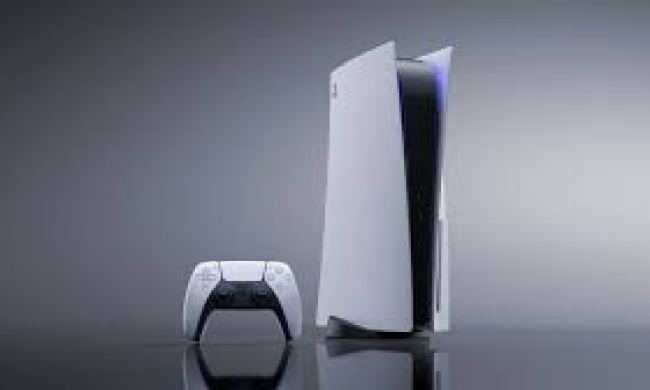The Entertainment Software Association is hailing a recent decision by U.S. District Court Judge Claudia Wilken to assess more than $9 million in penalties against mod-chip maker Divineo for trafficking in so-called “mod chips” designed to circumvent copyright protection mechanisms in video game console systems. Judge Wilken awarded almost $5.8 million in damages against corporate defendants Divineo U.K. and Divineo SARL, as well as French resident Max Louam, along with $3.75 million in damages against corporate defendant Divineo Inc. and Canadian resident Frederic Legault.
The order, issued September 11, 2006, relates to Divineo’s sale and distribution of mod-chips for video game systems and the well-known software HDLoader, which enables protected video games to by installed directly on a hard drive in a video game console. Both the mod chips and HDLoader are specifically designed to bypass copy protection technology built into the console systems, in violation of the Digital Millennium Copyright Act (DMCA), and enable users to play illegally distributed copies of video games. The DMCA was enacted in 1998.
“This Court order is very important because it recognizes the significant damage that mod chips and HDLoaders cause the entertainment software industry and delivers the clear message that trafficking in circumvention devices that enable game piracy will result in heavy penalties,” said Ric Hirsch, the ESA’s Senior VP of Intellectual Property Enforcement.
The damages ruling against Divineo follows a 2005 decision which penalized Ohio’s Steven Filipiak $6 million for marketing mod chips for Playstation and Playstation 2 console systems; the ruling was the first published decision to apply statutory damages to violations of the DMCA.


